
5 minute read
T h e ART he o f it .
Art is the inspiration that breathes life into the urban landscape and infuses our world with color. At G City, we create thriving city centers by empowering this transformative artistic spirit.
G-City Ltd. (TASE "GCT", formerly Gazit Globe Ltd.), is a leading global real estate company focused on developing and managing mixed-use properties at the heart of major cities in North America, Israel, Europe, and Brazil. As of June 30, 2022, G City owns 106 properties with approximately 25 milion square feet of gross leasable area, valued at 11 billion USD.
Advertisement


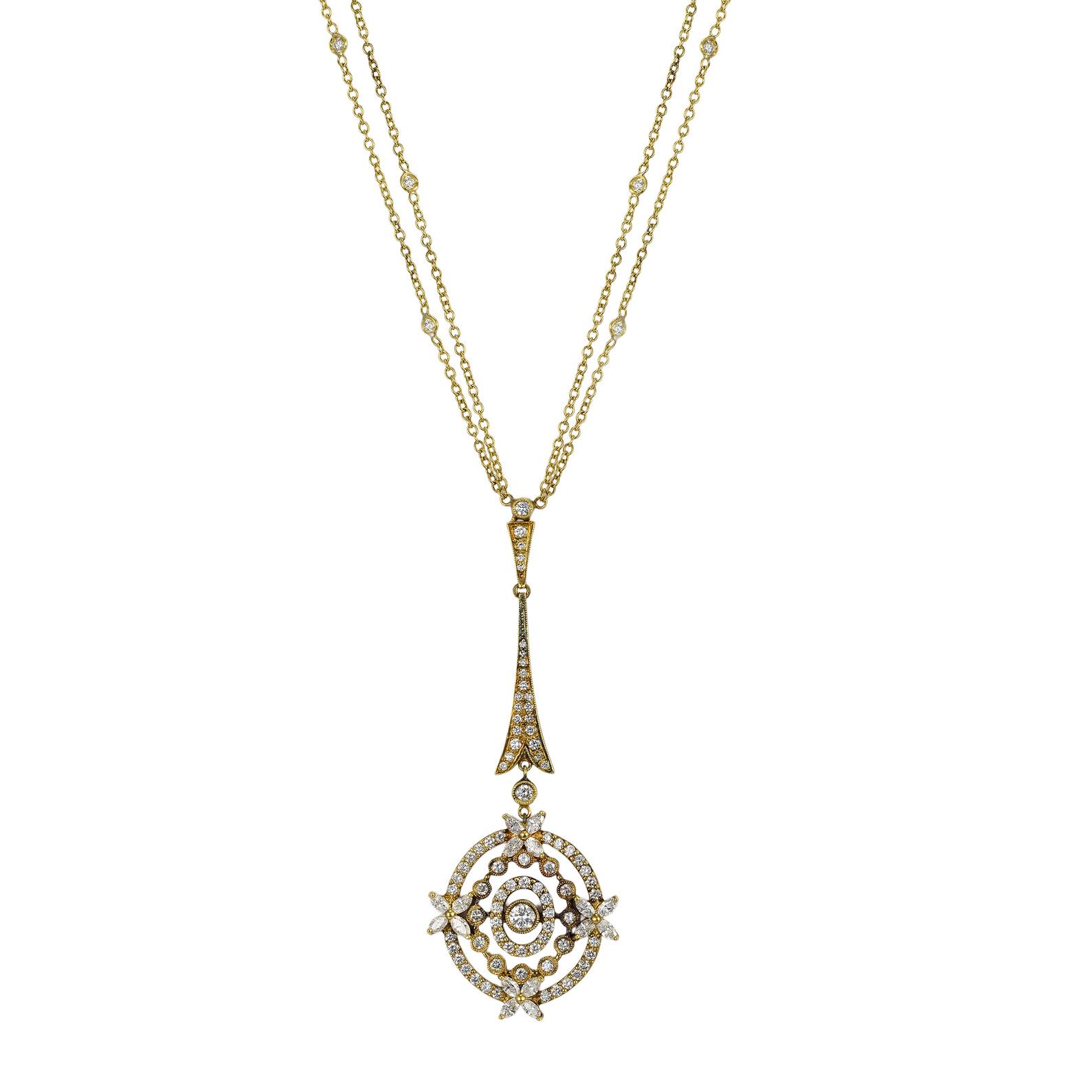
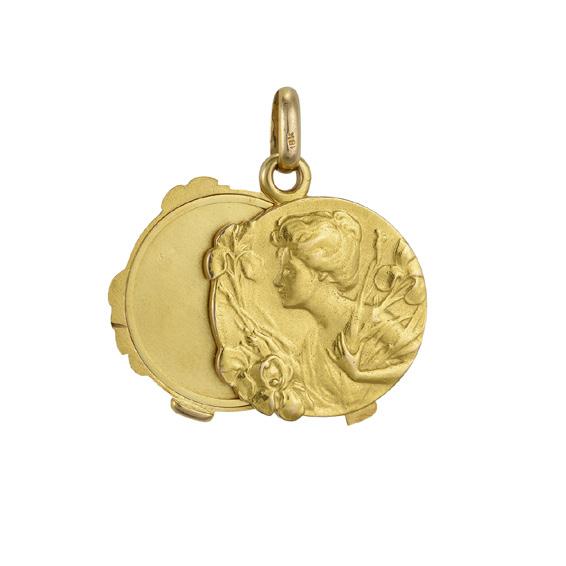


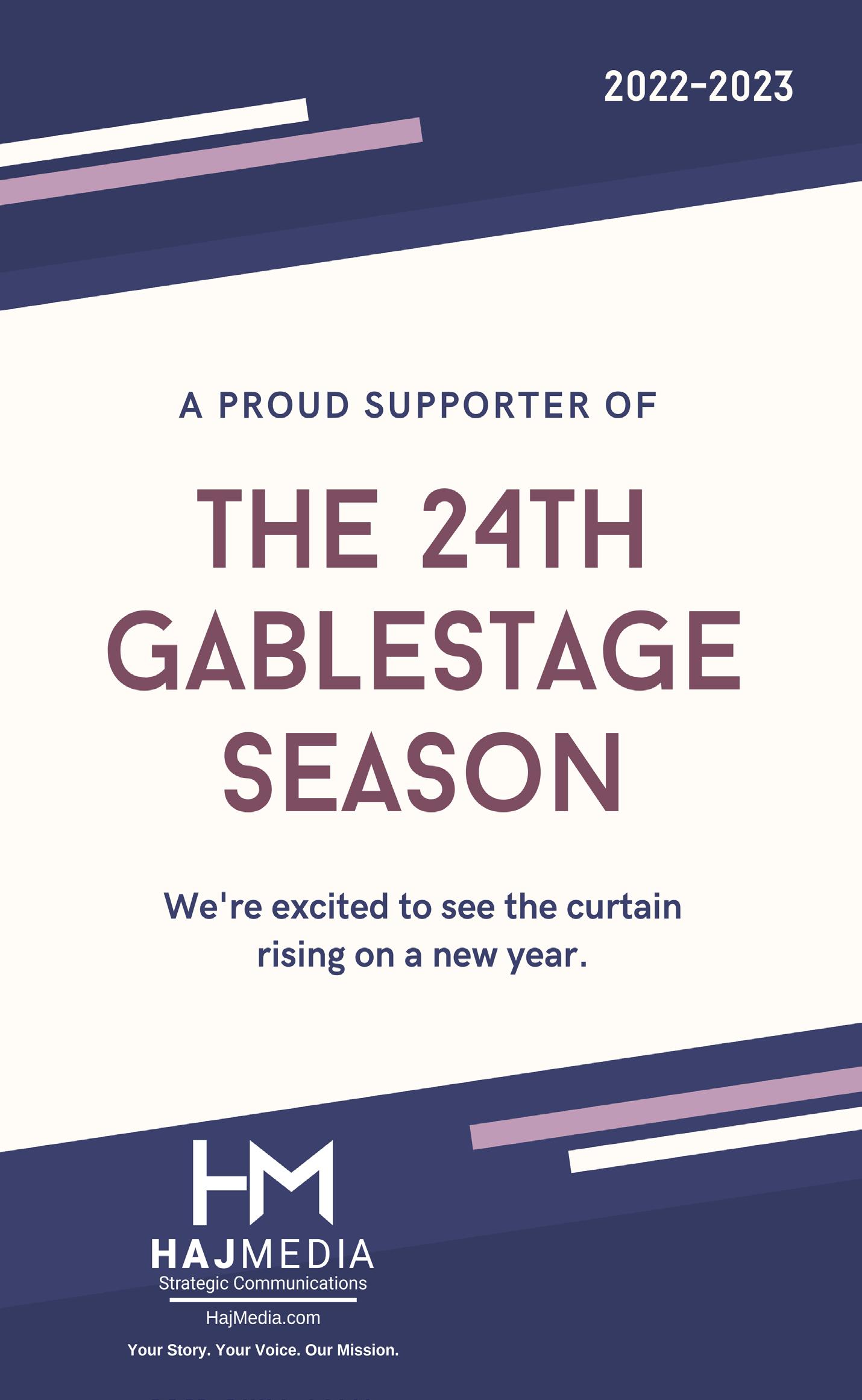
The 24th Season is made possible in part through support from GableStage’s Board of Trustees. GableStage is grateful for their generous support.
President
Roz Stuzin
Chairperson
David Coulson
Secretary
Richard Jacobs
Vice President, Finance

Rick Toren
Marc Abrams
Mitchell Bierman
Jessica Fishfeld
Jill Gaffin
Ivan Garces
George Haj
Allison Hockman
Nedra Kalish
Nilza Kallos
Chaim Katzman
Ruth Orevba
Gene Sulzberger
Aizik Wolf
Producing Artistic Director
Bari Newport
Standing Committees
Executive Finance
Development
Interested
IN JOINING THE BOARD?
If you have an interest in serving on a committee for the board of trustees, please email: advancement@gablestage.org
Dan & Valerie Lewis, Al & Jane Nahmad Family Foundation, Louis Appignani Foundation, Inc., Osiason Educational Foundation, Inc., Lloyd & Helen Dilworth Foundation

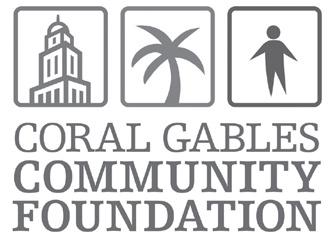

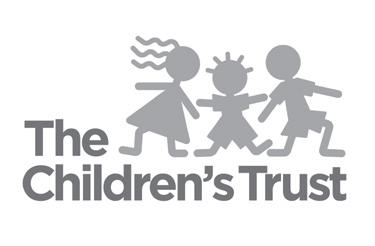
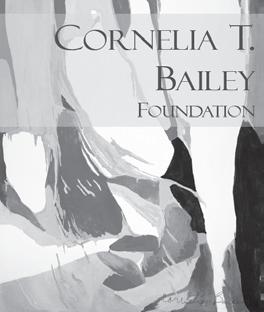




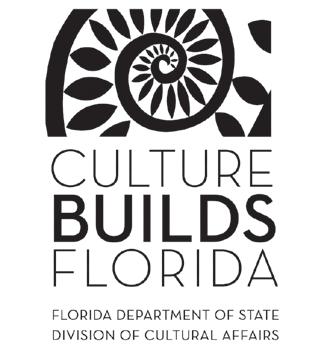

New This Season
We are streaming ALL shows!
Streaming made possible by the John S. and James L. Knight Foundation


Enjoy every production from the comfort of your home!
Individual Streaming tickets: $22 plus $5 processing fees. Streaming will be available beginning the Friday after opening weekend at the same times as live performances. gablestage.org/subscribe
I’m going to say it: I love the American Dream! - I truly do.
It’s what led my father to flee his country and cross the ocean to the U.S. It’s what has led me to follow my dreams of living my life being an artist. It is why we are all convening in the theatre today. The American Dream comes with the promise of security, prosperity, luxury even and a fence. There’s always a fence. As is quoted in the play, “Good fences make good neighbors”.
The positive aspect of a fence: a nice healthy boundary with clear demarcation. A visual contract. The not-so-positive aspect of a fence: the automatic assignment of Us vs. Them; and that Us vs. Them business can be so visceral. We are so quick to make enemies of one another.
Now, if you are sitting there thinking “ I never make an enemy out of anyone”… I hate to break it to you, but yes. Yes, you have. I have found in my years of directing and just plain living life that we have this insatiable need to blame someone for the uncomfortable situations in our lives (even if that someone is ourselves).
You will see that the play makes references to our political climate. References to walls, The Man, discrimination, and more. As an audience member, you have a choice (you always have a choice): Option A:You can take in the play at face value and play the blame game along with the characters or Option B: Apply zero blame and see what happens. Either choice, it’ll be a good time.
Thank you for choosing to spend your time with us today. Whether it’s your first time or your 100th time at the theatre, thank you. I hope you enjoy this little “American Dream” we have built for you.
Lo tengo que decir: ¡Me encanta el Sueño Americano! - De verdad, lo amo.
Es lo que llevó a mi padre a huir de su país y cruzar el mar hacia los Estados Unidos, lo que me ha llevado a seguir mis sueños y vivir mi vida como artista, y la razón por la cual estamos reunidos en el teatro hoy. El Sueño Americano viene con la promesa de seguridad, prosperidad, incluso lujo y una cerca. Siempre hay una cerca. Como se cita en la obra, “Buenas cercas hacen buenos vecinos”.
El aspecto positivo de una cerca: un límite agradable y saludable con una demarcación clara. Un contrato visual. El aspecto no tan positivo de una cerca: la asignación automática de Nosotros vs Ellos; esta asignación puede ser tan visceral. Como humanos, somos rápidos en convertir a una persona ajena en un enemigo.
Si estás sentado pensando "Yo nunca hago de nadie un enemigo"... Odio decírtelo, pero sí. Si lo haz hecho. En mis años como directora y simplemente viviendo la vida, me he dado cuenta que tenemos esta necesidad insaciable de culpar a alguien por las situaciones incómodas de nuestras vidas (incluso si ese alguien somos nosotros mismos).
Verás que la obra hace referencia a nuestro clima político. Referencias a las paredes, a The Man, la discriminación y más.Tienes una opción (l audiencia siempre tiene opción):
Opción A: Puedes aceptar la obra al pie de la letra y jugar el juego de la culpa junto con los personajes o la Opción B: No culpar a ninguno de los personajes y ver qué pasa. Cualquiera de las dos opciones, creo que la pasaras bien. Gracias por elegir estar con nosotros hoy. Ya sea su primera vez o su 100ª vez en el teatro, gracias. Espero que disfrutes de este pequeño “sueño americano” que hemos construido para especialmente ti.
Victoria Collado, Director
Fear is the highest fence. - Dudley Nichols
It all begins with a fence and what it means to four people. Is a fence meant to keep out, protect, or mark boundaries? Is it good or bad? Does it hinder or help? And who gets to decide where to mark the land?
Fences, both physical and metaphorical, serve as powerful symbols in Native Gardens. They are the literal cause of the border dispute between the Del Valles and the Butleys; they represent the cultural and generational divide between the younger Latinx couple and the older white couple next door; it’s also a metaphor for the internal divide Tania and Pablo Del Valle feel as they attempt to negotiate competing identities between their heritage and the dominant culture. To take this further, there’s also the sociopolitical context in which the play exists: the current national border crisis caused by “The Wall” where illegal border crossings have soared to alltime highs and which bring into question debates about who or what is considered invasive or alien to an environment. (“Under the Immigration and Nationality Act of the United States, "[t]he term 'alien' means any person not a citizen or national of the United States.")
Despite all of these highly politicized and, at times, divisive issues Karen Zacarías’ play sheds light on the shared humanity and interconnectedness that can transcend differences. It challenges us to examine our own biases and preconceptions, and, hopefully, promotes a more inclusive and empathetic understanding of issues like cultural and national identity, neighborliness, fear of the unknown, and the toxic nature of divisions.
El miedo es la valla más alta. - Dudley Nichols
Todo comienza con una cerca y lo que esto significa para cuatro personas. ¿Cuál es el propósito de una cerca: proteger, excluir, o marcar límites? ¿Es buena o mala? ¿Impide o ayuda? ¿Y quién decide dónde poner la cerca?
Las cercas, tanto físicas como metafóricas, sirven como poderosos símbolos en Native Gardens. Son la causa literal de la disputa fronteriza entre los Del Valles y los Butleys; representan la división cultural y generacional entre la joven pareja latina y la pareja blanca mayor de al lado; también es una metáfora de la división interna que sienten Tania y Pablo Del Valle mientras intentan negociar identidades contrapuestas entre su cultura latina y la cultura dominante. También existe el contexto sociopolítico en el que se desarrolla la obra: la actual crisis fronteriza causada por "The Wall", donde los cruces fronterizos ilegales han alcanzado niveles históricos y donde proliferan los debates sobre quién o qué se considera invasivo o extrajenro. ("Según la Ley de Inmigración y Nacionalidad de los Estados Unidos, el término 'extranjero' se refiere a cualquier persona que no sea ciudadano o nacional de los Estados Unidos").
A pesar de todos estos temas altamente politizados y, a veces, divisivos, la obra de Karen Zacarías arroja luz sobre la humanidad compartida y la interconexión que puede trascender las diferencias. Nos desafía a examinar nuestros propios prejuicios y concepciones, y, promueve positivamente una comprensión más inclusiva y empática de temas como la identidad cultural y nacional, la vecindad, el miedo a lo desconocido y la naturaleza tóxica de las divisiones.
Karina Batchelor, Dramaturg
presents



